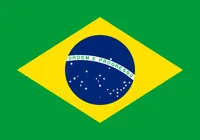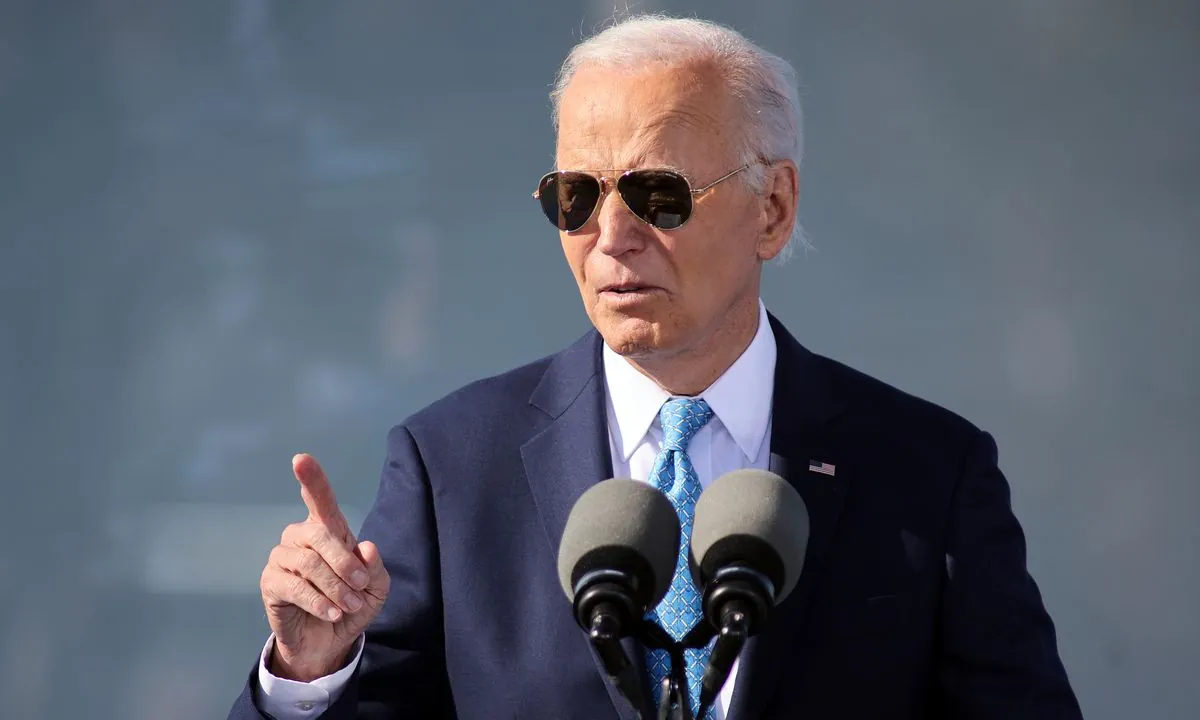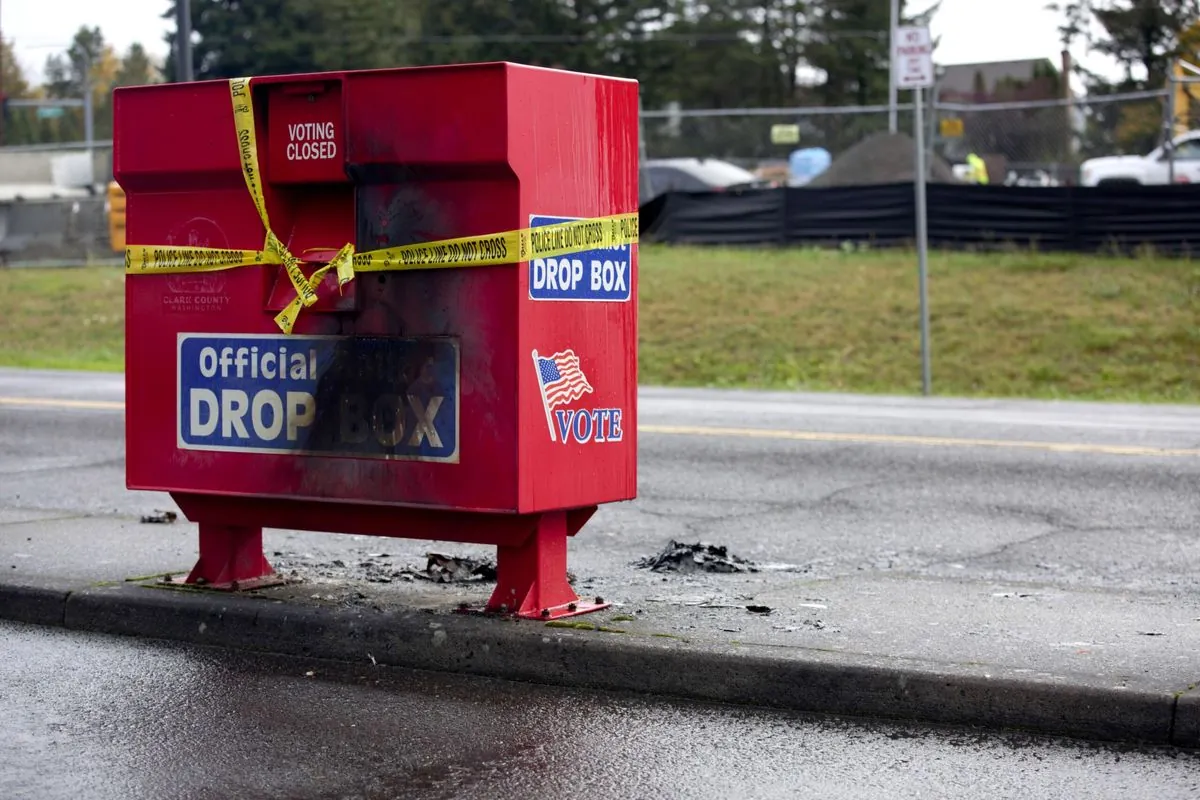Luxury's Dark Side: Migrant Labor Exploitation in Tuscany's Fashion Industry
Investigations reveal undocumented migrants working in harsh conditions for luxury brands in Tuscany. Montblanc terminates contractor amid growing scrutiny of supply chain practices in Italy's renowned fashion sector.
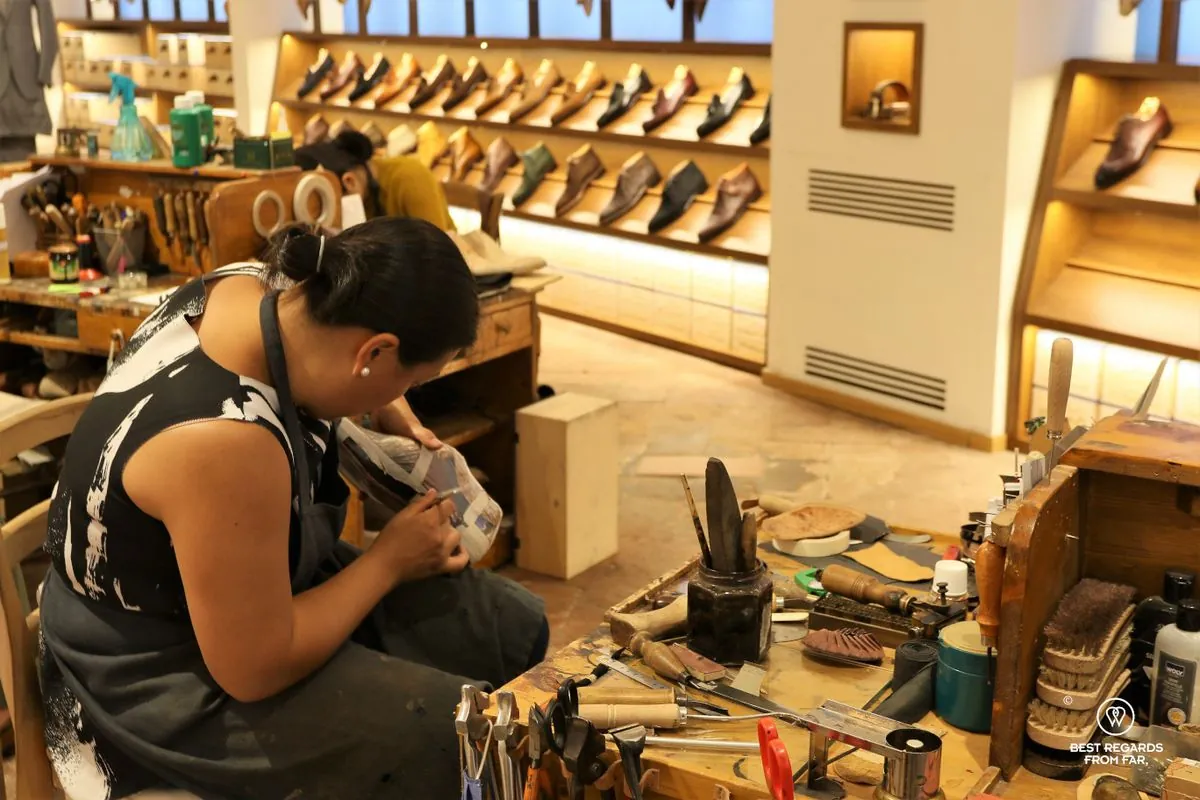
In the heart of Tuscany, a region celebrated for its leather craftsmanship since medieval times, a troubling narrative unfolds within the luxury goods industry. Recent investigations have exposed the exploitation of undocumented migrant workers in workshops supplying high-end brands, casting a shadow over Italy's esteemed "Made in Italy" label.
Montblanc, the renowned luxury accessory maker, recently terminated its contract with Z Production, a Tuscany-based supplier. The company cited failure to meet conduct standards as the reason for this decision. However, workers and union officials present a different perspective, claiming the termination occurred after improvements in working conditions were implemented.
"Montblanc ended the contract because we wanted to work eight hours a day, five days a week as legal workers. They just wanted slaves."
This incident is not isolated. Prosecutors have uncovered sweatshop-like conditions in workshops near Milan, manufacturing products for prestigious brands such as Dior, Giorgio Armani, and Alviero Martini. These revelations suggest that supply chain issues extend beyond Milan into Tuscany's leather district.
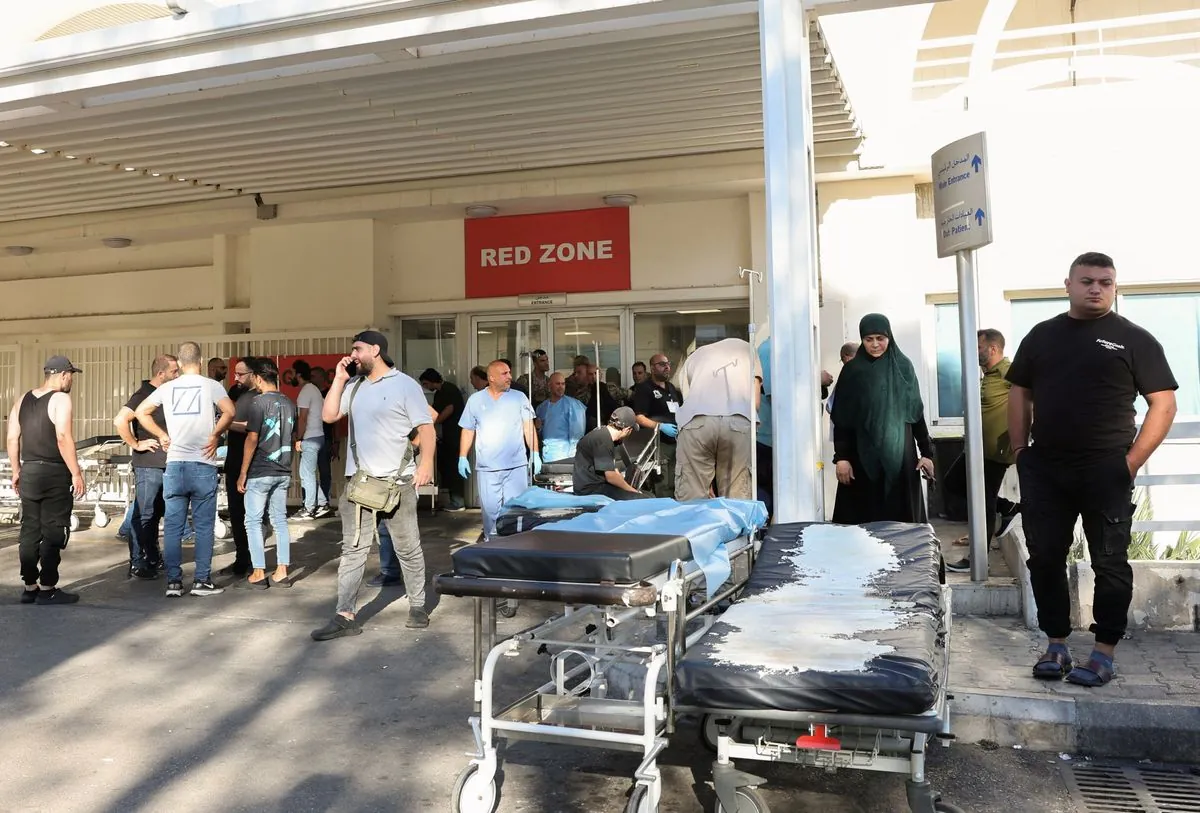
Personal accounts from migrant workers paint a grim picture of the industry's underbelly. Abbas, a 32-year-old Pakistani migrant, described working 14-hour shifts while standing, resulting in severe health issues. Similarly, Arslan, 27, recounted working over 12 hours a day, six days a week, with little time for basic necessities.
The luxury goods market, valued at approximately €1.15 trillion globally in 2023, has experienced rapid growth. However, this expansion has come at a cost. Italy, the world's largest exporter of leather goods, accounting for about 65% of EU production, faces significant challenges in monitoring its extensive supply chains.
Carlo Capasa, chairman of the Italian fashion brands lobby group, highlighted the complexity of the issue: "An average brand has 7,000 suppliers. If each supplier has two sub-suppliers, it's probably another 14,000. I want to see who can do 21,000 audits a year... It's impossible, so it is clear that someone escapes the controls."
The economic pressures within the industry contribute to these exploitative practices. Court documents revealed that one Dior contractor charged as little as 53 euros per handbag, against a retail price of 2,600 euros. This stark disparity raises questions about fair labor practices and sustainable production methods.
As investigations continue and brands face increased scrutiny, the luxury industry must confront these challenges. With Italy's fashion and textile industry contributing about 1.2% to the country's GDP and employing over 500,000 people directly and indirectly, addressing these issues is crucial for maintaining the integrity of the "Made in Italy" label and ensuring ethical practices in this globally significant sector.



















